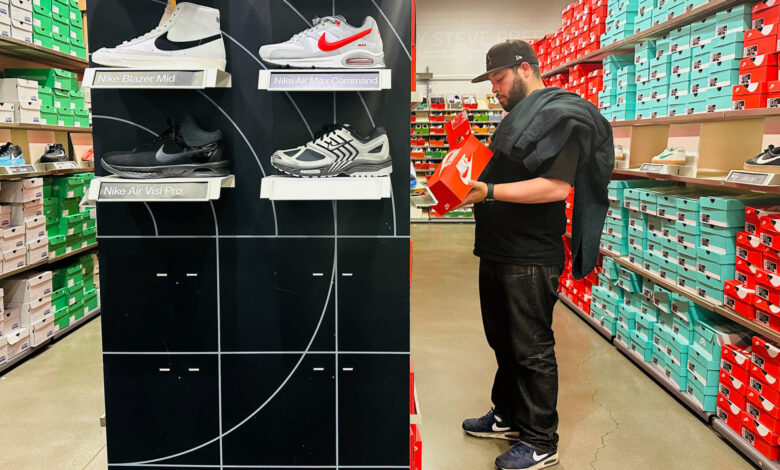Consumer sentiment tumbles in April as inflation fears spike, University of Michigan survey shows

Consumer sentiment took a significant hit in April, according to a recent University of Michigan survey. The mid-month reading on consumer sentiment dropped to 50.8, down from 57.0 in March and below expectations. This represented a 10.9% monthly change and a 34.2% decrease from the previous year, marking the lowest reading since June 2022.
Inflation concerns were a major factor in the decline in consumer sentiment. Respondents’ expectations for inflation in the coming year spiked to 6.7%, the highest level since November 1981. Additionally, the expectation for inflation at the five-year horizon rose to 4.4%, the highest since June 1991.
Other measures in the survey also showed negative trends. The current economic conditions index fell to 56.5, an 11.4% decrease from March, while the expectations measure slipped to 47.2, the lowest since May 1980. Unemployment fears also reached their highest level since 2009.
The survey results prompted a negative reaction in the stock market, with stocks turning downwards and Treasury yields increasing. Economist Samuel Tombs noted that consumers have shifted from anxious to “petrified.” The declines in sentiment were observed across all demographics, including age, income, and political affiliation.
Joanne Hsu, the survey’s director, pointed out multiple warning signs that suggest a risk of recession. Expectations for business conditions, personal finances, incomes, inflation, and labor markets all deteriorated in April. The survey also highlighted concerns about the impact of President Trump’s tariffs on inflation and economic growth.
Despite the survey results, market-based expectations show little concern about future inflation. However, Federal Reserve officials have expressed worries that consumer expectations could become a self-fulfilling prophecy if behavior changes. Recent consumer and producer inflation readings have shown easing price pressures in March.
It is worth noting that the survey responses were collected between March 25 and April 8, just before President Trump announced a 90-day delay on aggressive tariffs against U.S. trading partners. The survey results underscore the uncertainty and anxiety in the current economic environment.
In conclusion, the University of Michigan survey paints a grim picture of consumer sentiment and inflation expectations in April. The data suggests growing concerns about economic conditions and the potential impact of tariffs on inflation. As the market remains volatile, it is essential for investors to stay informed and adapt to changing dynamics in the financial landscape.





